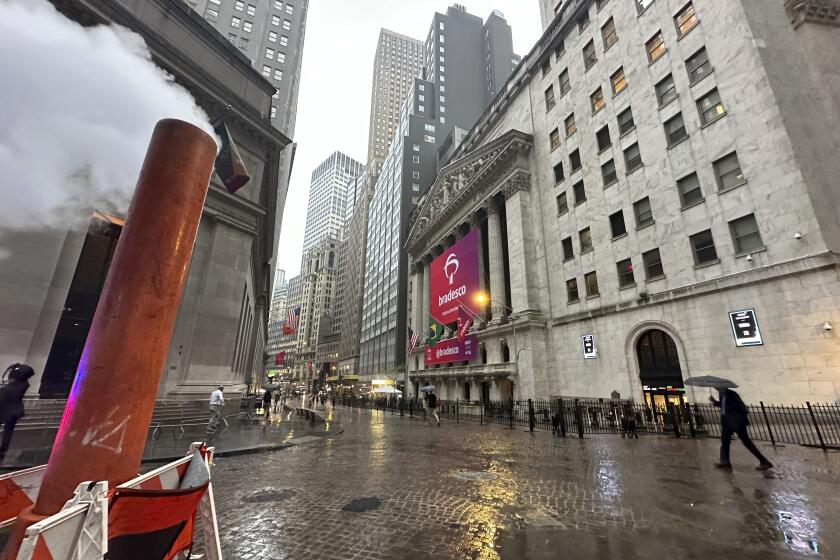100,000 Asbestos Cases Ordered Consolidated : Litigation: A judge orders the class action against Manville to unclog court dockets and speed up payment to workers injured by the material.
A federal judge on Monday ordered more than 100,000 cases nationwide involving victims of asbestos-related diseases consolidated into a single class action in a dramatic attempt to clear a huge court backlog.
The surprise ruling by Thomas D. Lambros, chief judge of U.S. District Court in Cleveland, comes amid mounting problems with a trust set up by Manville Corp. to compensate workers killed or injured from handling asbestos.
Plaintiffs’ lawyers said they expected the order to be challenged in a federal appeals court.
The move preempted a similar action threatened by U.S. District Court Judge Jack B. Weinstein in Brooklyn, who has sought to take charge of fixing the financially ailing Manville trust fund and clearing the asbestos backlog.
Weinstein last week ordered the trust to halt all payments to victims until he receives a proposal on Aug. 6 to restructure and refinance the trust, which was created in 1988 as part of Manville’s bankruptcy court reorganization.
The trust is out of cash to pay new claims and has said that people who file claims now may not be compensated until well into the next century.
Asbestos-related cases form the largest number of personal injury lawsuits in the country. Lambros said more than 100,000 claims have been filed in federal and state courts nationwide. Thousands of others await resolution with the Manville trust.
Several dozen companies that manufactured asbestos and the Manville trust, which is legally separate from the company, are defendants in the cases.
In a four-page order, Lambros said the asbestos litigation meets the requirement for creating a class action because “there are insufficient funds among all of the defendants to pay all meritorious claims” and the cost of litigation.
The judge said that since 1982, Manville and several other companies have sought bankruptcy court protection because of thousands of lawsuits seeking asbestos compensation, while other companies are “approaching the brink of bankruptcy.”
All cases filed under the umbrella of a class action are bound by a single court judgment, eliminating the need for individual trials and out-of-court settlements. It also raises the possibility of an adverse ruling that would affect all cases.
Manville once was the nation’s largest maker of asbestos, which was used widely for decades because of its natural heat resistance and insulation properties. It later was identified as carcinogenic.
Manville, based in Denver, emerged from Chapter 11 proceedings in 1988 and no longer makes asbestos.






